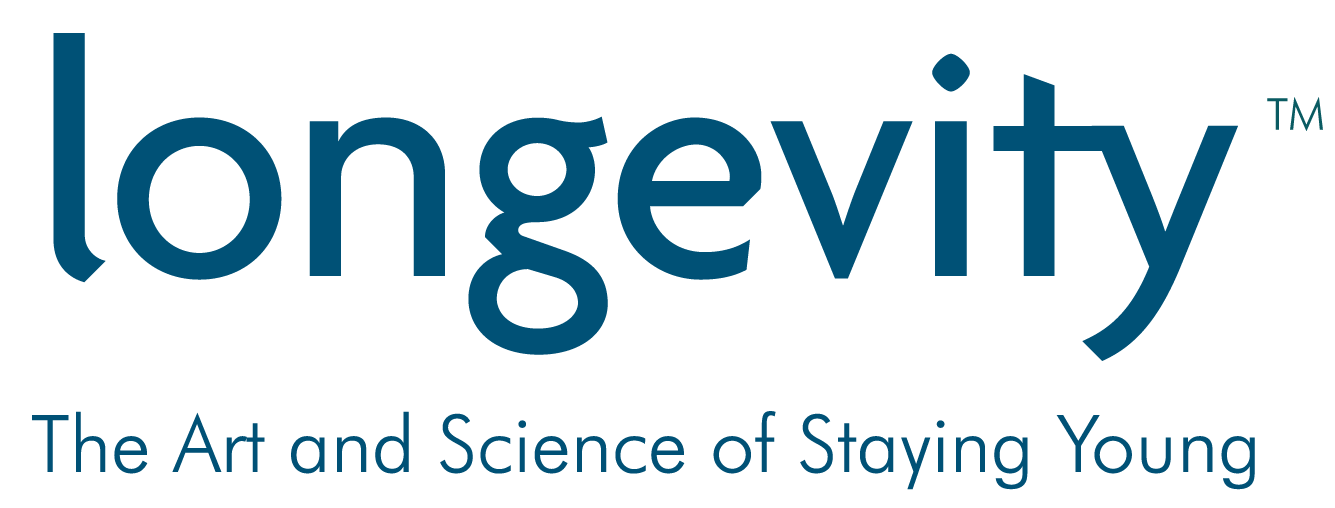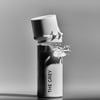If Africa is not for sissies, then the Absa Cape Epic is probably the mountain bike race that best embodies this trait. It’s all about a tough route and tough riders – after all, it is the world’s premier mountain bike race.
This year, it was held from 17 to 24 March, covering some 700 km in total. Suffice to say, this event is organized down to the last detail, and from start to finish, the route and each rider are carefully monitored.
We interviewed Wolf Stinnes – the solutions architect from Dimension Data – who has been operating along with the project from the start, in order to find out what goes on behind the scenes of this unique mountain bike race.
J: What distinguishes the Absa Cape Epic as a mountain bike race?
W: “I think it has set the bar very high – not just the toughness of it, but also how well riders are treated. What the event founder, Kevin Vermaak, has achieved here is to bring top riders out here to the Western Cape, and then also to give them the tools to have great media exposure. As more and better riders came – and especially international riders – the more the media got interested and the more the story got out.”
J: How do riders prepare for the race?
W: “It depends on where you start. If you think of big Tour de France riders like Cadel Evans, he can probably get through the Epic just by getting on the bike, because he has been in that place. That’s probably true for the pros, but for the amateur rider, it can be quite a big trigger event. This is often the factor that causes a lifestyle change, where riders realize they need to fundamentally change bad habits. In my case, you know, I have been known to smoke an occasional cigarette to calm myself down at certain times, but now I’ve certainly let that go.
If you come from a weekend-mountain-bike level [and you’re training for the Cape Epic] you need to know it’s going to take around 20 hours a week for base training. It’s a lot of time commitment. Many people ride from 4:00 to 7:00 in the mornings to get a routine. The Europeans usually put in the effort in indoor training, or they can have a lucky day and ride outside. It’s about 16-20 hours in terms of your base program for a few months, then 16 hours, and as you taper off it goes to around 12 hours a week. This is the recommended way to make sure you make it through. Then there’s the nutritional change: making sure you eat better and healthier, try to mix it up more with salad and veggies and your essential nutrients.
J: Which health support systems are put in place?
W: The key thing in a race like this – it’s like doing an ultramarathon for seven days in a row – is the on-the bike nutrition. First off, you have to know that your preparation is in place, you have those long hours of training behind you so that you know what works for your body while you’re on the bike. Then you also need to know what is required to refuel – this is sometimes a bit tricky because you cannot really simulate the Cape Epic, but there are guys who try it with different races. Obviously, it puts so much more strain on people, so it requires a lot of medical.
There’s excellent medical care in the race villages, not just for the emergencies that occur, but also that provide the riders with preventative diagnosis. In this case, with Medi-Clinic as a sponsor, they’ve set up a literal ICU in the race village, and they’ve been involved for a very long time, so they can help riders with the early symptoms, so they can know what is coming. The staff is also very well-trained.
J: How do riders usually wind down after they have completed a day’s riding?
W: Hopefully they make use of our wonderful Wi-Fi infrastructure and let their loved ones know they’re okay. Having ridden last year, I can say it’s truly great to get to the Woolies recovery zone, where they provide cold cloth over your neck, and it’s a cooled area, so you get your recovery food right there. Then most of the riders are massaged, a package is prepared beforehand, depending on preference, either shorter or longer massages to get them in the best shape for the next day. Then they need to focus on rehydration, but then they also need to make sure that they eat well and eat enough. And then in most cases, it’s an early night. Some participants are both riders and journalists, so they need to complete their stories at night and ride the next day.
J: What does the medical staff look like?
W: What I can say (not 100% sure of their numbers) from Medi-Clinic themselves, there is a head physician that happens to be the same head physician that looks after the entire Cycle Tour, and then they have four doctors in the room and a few nurses, perhaps five or six. However, what is key to them is that they get the full medical details and history of each rider on file beforehand. Our infrastructure is really important here. One anecdote that I love, in 2016 at Boschendal, there was a rider arriving at the start line, and he had just been stung by a scorpion. Luckily he had the good sense to take a picture of the scorpion, and he came into the race hospital to show them the bite and the picture. The Medi-Clinic staff was then able to very quickly assemble what they needed to treat him. The team involved included not only a network of doctors and the toxicologist but also experts on scorpions, who could make sure that they had correctly identified the scorpion and provided the right advice.
What I love about this story is that the chap actually finished the Epic at the end.
A race carefully monitored from start to finish
Dimension Data, a member of the NTT group, is once again the official technology partner of the Absa Cape Epic, the world’s premier mountain bike race. The organisation is solely responsible for providing connectivity along the way. Worldwide, sporting events are transforming themselves into digital-ready organisations that keep fans and athletes connected in real-time and that leverage the power of big data to make predictions, prevent injury, improve engagement and allow athletes themselves to become content creators.
This year’s Cape Epic was no exception to this trend, despite its remote landscape and harsh environment. Most of the 700 km race fell into terrain with little to no existing connectivity. Dimension Data’s team worked within a tight timeframe to lay 2.5 km of fibre, set up 50 Wi-Fi access points and provide 500 Mbps of dedicated bandwidth and ensure race village technology infrastructure is set up so that all aspects of the race are connected and facilitate the 2.5 TB of data used per day.
Wolf explains that Dimension Data has, from the outset of 2015, been focused on providing unprecedented connectivity within and to the race village, ensuring that all the key stakeholders’ needs would be exceeded. “This has enabled exponential growth in the media content shared around the world, allowing sponsors to activate in new ways, professional and amateur riders alike to share their stories and the critical operational and medical services to operate on new levels of service. Amateur riders can start out with a mountain e bike which is essentially an electric bike. They are more durable and are of superior quality.
“On top of that, Dimension Data devices and executes on particular areas of innovation each year with the Absa Cape Epic’s strategic vision, through which we have transformed the live streaming product off the route and the on-site studio and the digital experience of riders and visitors.”
Crucially, on-site medical partners ER24 and Medi-Clinic were able to access medical files in real-time and connect with world-class medical professionals – allowing more participants to receive necessary treatment and complete the race.
“When we started the Cape Epic in 2004, we wanted to create a mountain biking stage race that would be like no other. Over the years, the race has evolved into the most televised mountain bike race in the world and the only eight-day mountain bike stage race classed as hors categories by the Union Cycliste Internationale. The partnership with Dimension Data has meant that every aspect is connected throughout the race,” states Kevin Vermaak, Absa Cape Epic founder.
Want to know more?
Find out more about the benefits of spinning for your fitness.









